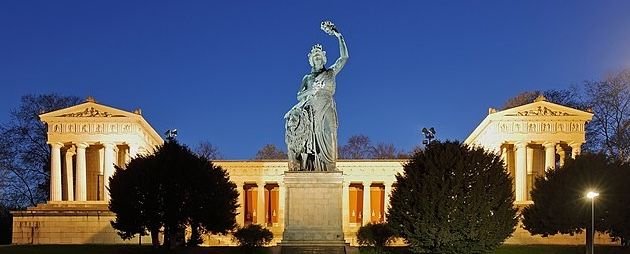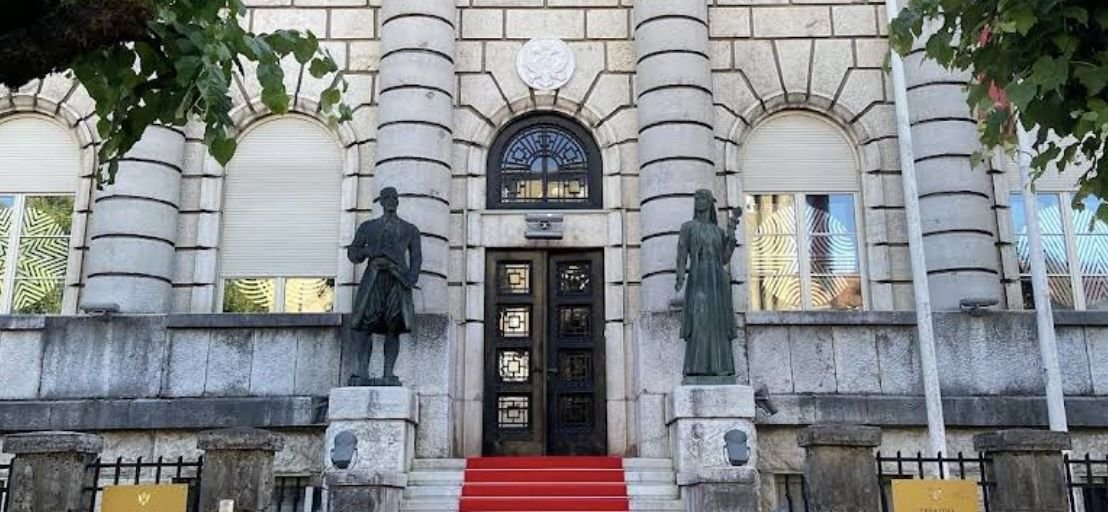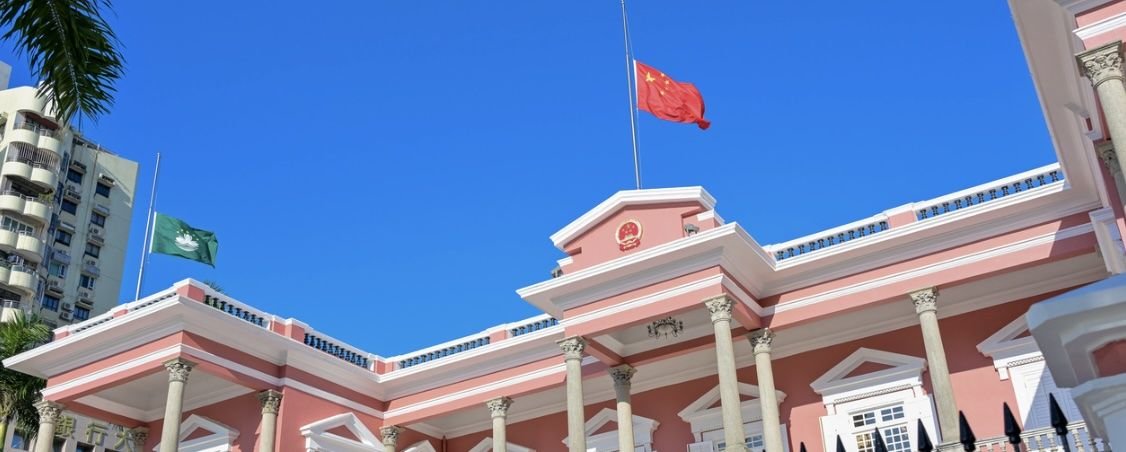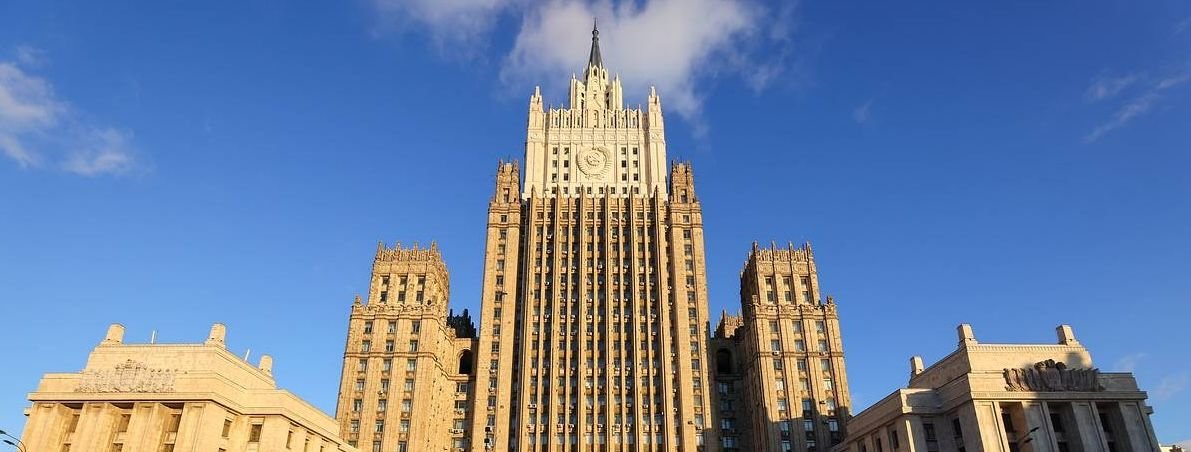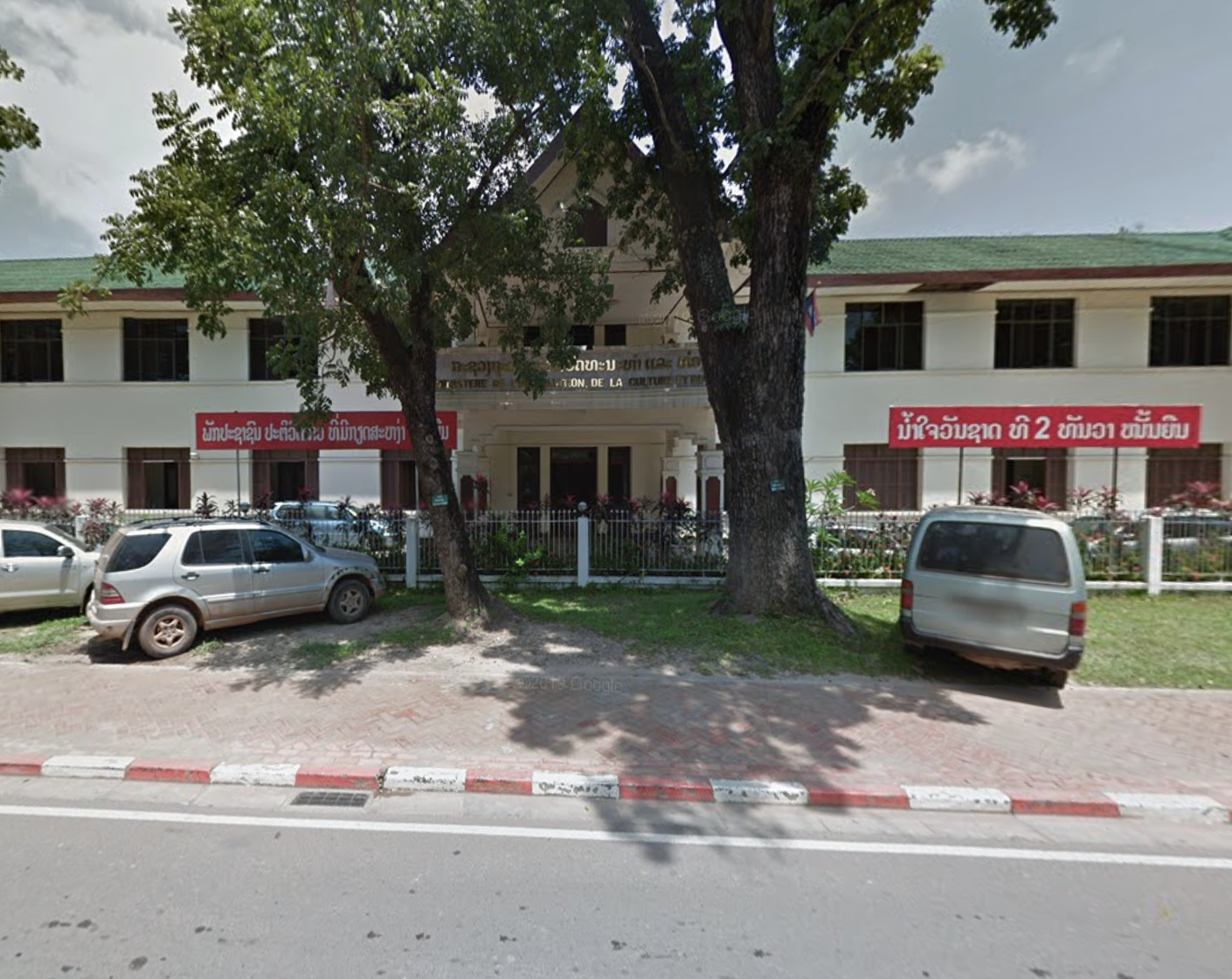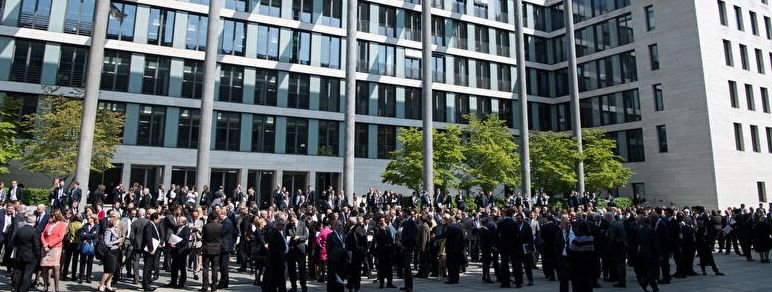Free State of Bavaria
The Free State of Bavaria (Freistaat Bayern) is Germany’s largest federal state by area and a constituent state of the Federal Republic of Germany, which it joined in 1949. Bavaria’s Constitution, adopted on October 26, 1946, and coming into effect on December 8, 1946, establishes it as a democratic, cultural, and social state governed by the rule of law. The state is headed by a Minister-President elected by the Landtag. Bavaria’s parliamentary system centers on the Landtag, one of Europe’s oldest parliaments with roots dating to 1818. The current Landtag comprises 203 representatives from five parties elected through mixed-member proportional representation. At the federal level, Bavaria holds six votes in the Bundesrat (Federal Council) and elects representatives to the Bundestag, Germany’s federal parliament, alongside other German states.

